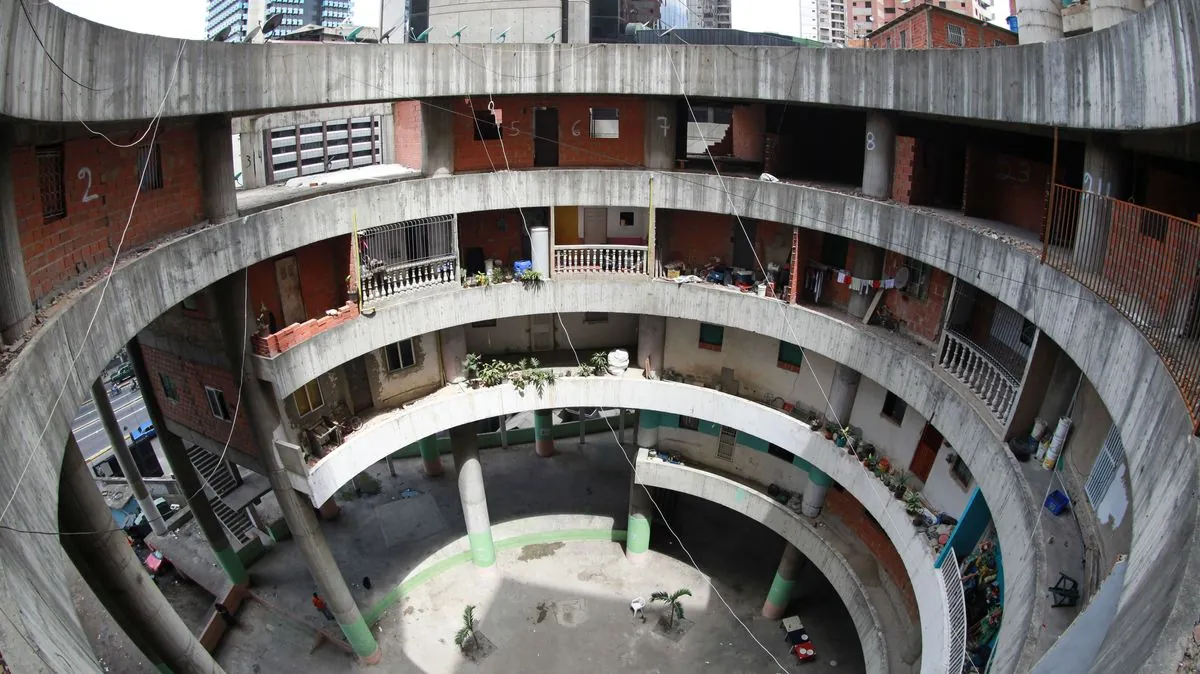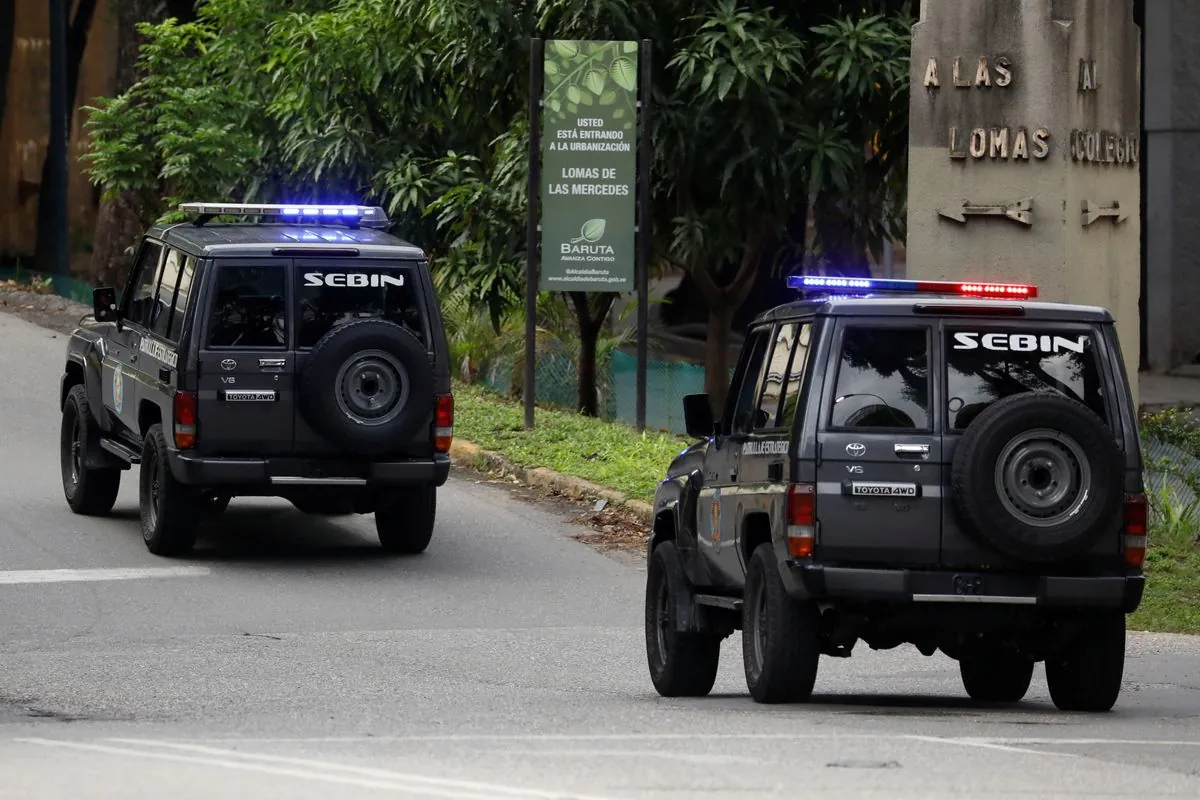Venezuela Revokes Brazil's Oversight of Argentine Missions Amid Tensions
Venezuela terminates Brazil's custodianship of Argentine diplomatic missions, citing alleged terrorist plots. Increased security and power cuts reported at Argentine ambassador's residence in Caracas.

In a significant diplomatic development, the Venezuelan government has withdrawn Brazil's authorization to oversee Argentina's diplomatic missions within its borders. This decision, announced on 2024-09-07, stems from allegations that anti-government opponents sheltered in the Argentine ambassador's residence were orchestrating terrorist activities.
The Venezuelan foreign ministry stated that the revocation takes immediate effect, citing undisclosed evidence of alleged plots by those seeking refuge in the diplomatic compound. This move marks a further escalation in the ongoing political tensions in Venezuela, a country that has been grappling with a prolonged economic and political crisis since 2013 under the leadership of President Nicolás Maduro.
At the center of this diplomatic row is Magalli Meda, the former campaign manager for opposition leader María Corina Machado. Meda, along with several other government critics, sought sanctuary in the Argentine ambassador's residence following an arrest warrant issued by Maduro's chief prosecutor in March 2024. This action led to a breakdown in diplomatic relations between Venezuela and Argentina, prompting the latter to designate Brazil as the custodian of its interests in Venezuela.

The situation has intensified, with armored vehicles belonging to SEBIN, Venezuela's primary intelligence agency, positioned outside the Argentine diplomatic compound since 2024-09-06. Reports indicate that electricity to the mission has been cut off, raising concerns about the safety and well-being of those inside.
This incident highlights the complex interplay of diplomatic relations in Latin America. The concept of diplomatic asylum, particularly strong in this region, is now being tested. The Vienna Convention on Diplomatic Relations of 1961, which provides a framework for diplomatic interactions between nations, is central to understanding the legal implications of this situation.
Venezuela's actions have drawn attention to the broader issues of human rights and political freedoms in the country. International organizations have previously raised concerns about human rights violations in Venezuela, and this latest development is likely to intensify scrutiny.
The involvement of Brazil, which shares a 2,199 km border with Venezuela, adds another layer of complexity to the situation. As the largest country in South America, Brazil's role in this diplomatic dispute could have significant regional implications.
As of 2024-09-07, neither Argentina nor Brazil has officially responded to Venezuela's decision. The international community watches closely as this situation unfolds, potentially setting precedents for diplomatic relations and the treatment of political asylum seekers in the region.
"We fear an impending raid to arrest us and other government opponents."
This unfolding crisis serves as a stark reminder of the fragile nature of diplomatic relations and the ongoing challenges to political stability in Venezuela. As the situation develops, the international community's response and its impact on regional diplomacy remain to be seen.


































